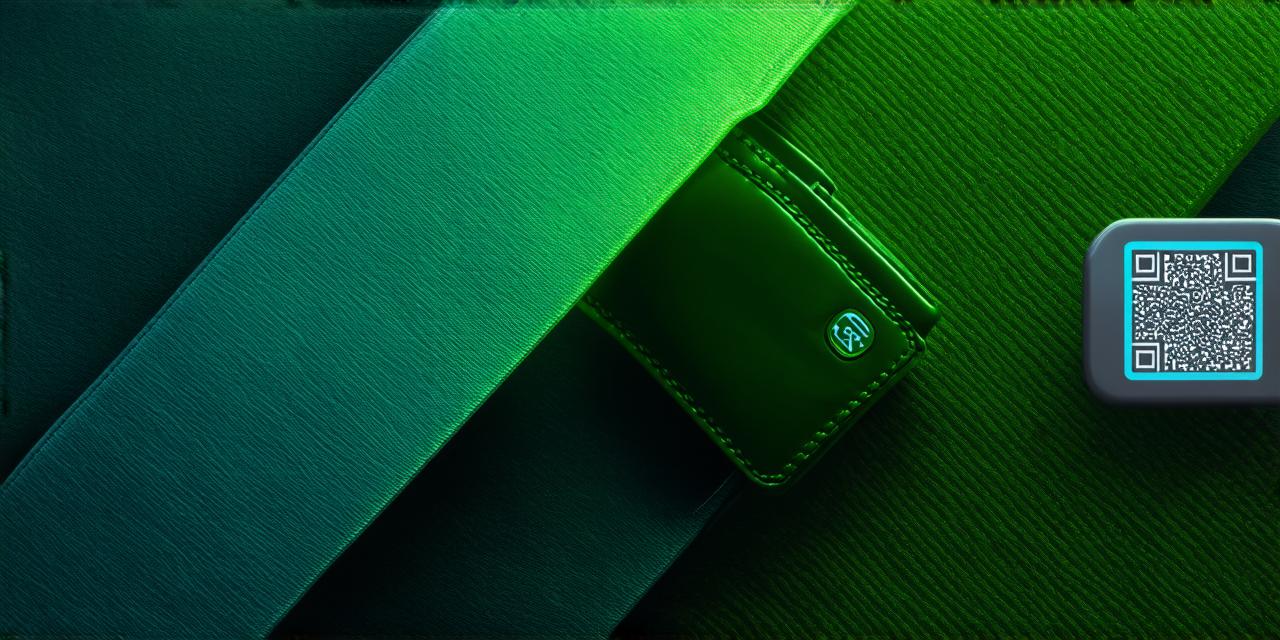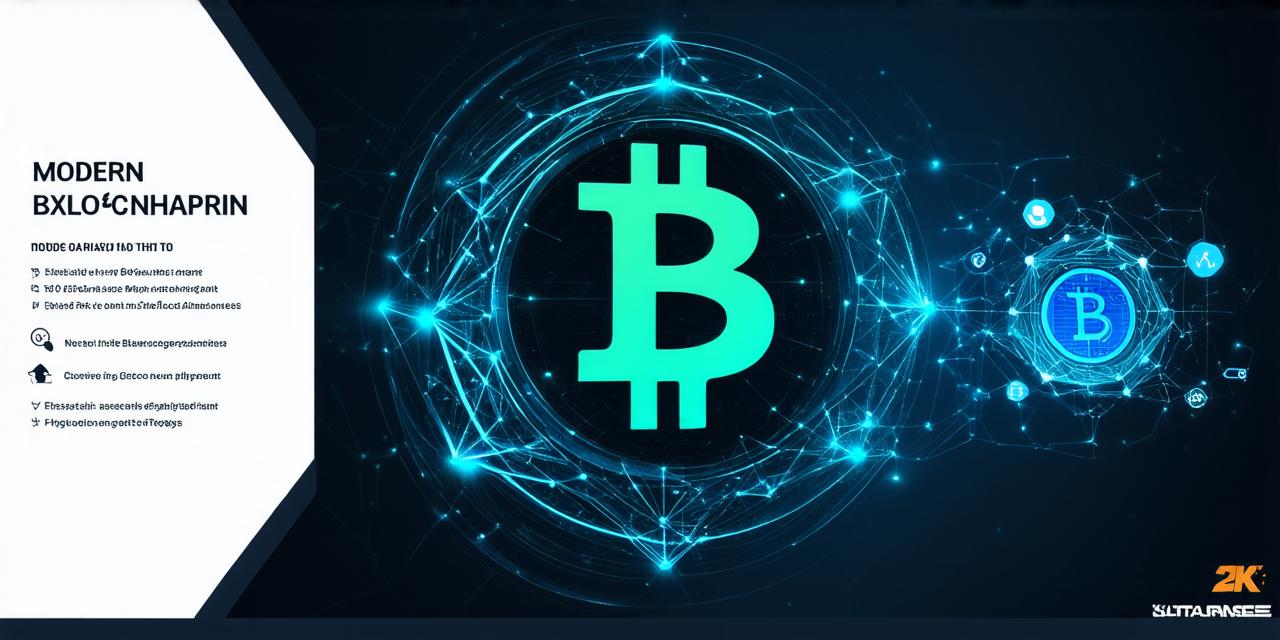What is Blockchain?
Blockchain is a decentralized digital ledger that records transactions between parties in a secure and transparent way. It allows multiple parties to share data and trust that the data is accurate and unaltered. The decentralized nature of blockchain means that there is no central authority controlling it, making it resistant to tampering and fraud.
How does Blockchain Work?
Blockchain works by using cryptography to secure and verify transactions. Each transaction is recorded on a block in the chain, which contains multiple transactions. The blocks are linked together in a chain, forming an immutable record of all transactions that have occurred on the network.
To understand how blockchain works, let’s take a look at a simple example. Suppose Alice wants to send money to Bob. In a traditional banking system, this would require intermediaries such as banks to facilitate the transfer. With blockchain, however, Alice can send money directly to Bob without any intermediaries.
When Alice initiates the transaction, it is broadcast to the network. Other parties on the network verify the transaction by checking that Alice has the necessary funds and that Bob’s address is valid. Once the transaction is verified, it is added to a block in the chain. This block is then shared with all parties on the network, creating an immutable record of the transaction.
Benefits of Blockchain
Blockchain technology offers several benefits, including:
- Decentralization: Blockchain is decentralized, meaning there is no central authority controlling it. This makes it resistant to tampering and fraud.
- Transparency: All transactions on the blockchain are recorded in an open ledger that is accessible to anyone. This provides transparency and accountability.
- Security: Cryptography is used to secure and verify transactions, making it difficult for hackers to compromise the network.
- Immutability: Once a transaction is recorded on the blockchain, it cannot be altered or deleted. This creates an immutable record of all transactions that have occurred on the network.
Real-Life Examples of Blockchain in Action
There are many real-life examples of how blockchain technology is being used to benefit various industries. Here are a few:
- Cryptocurrencies: The most well-known example of blockchain technology is cryptocurrencies such as Bitcoin and Ethereum. These digital currencies allow for secure and transparent peer-to-peer transactions without the need for intermediaries.
- Supply Chain Management: Blockchain technology can be used to track products throughout the supply chain, from manufacturer to consumer. This provides transparency and accountability in the supply chain, helping to reduce fraud and improve efficiency.
- Voting Systems: Blockchain technology can be used to create secure and transparent voting systems. By using blockchain, it is possible to ensure that votes are counted accurately and that the results cannot be tampered with.
- Healthcare: Blockchain technology can be used in healthcare to securely store and share patient data. This can improve patient outcomes by allowing doctors to access up-to-date information about a patient’s health history.

FAQs
Q: What is the difference between blockchain and a database?
A: A blockchain is a decentralized digital ledger that records transactions between parties in a secure and transparent way. A database, on the other hand, is a centralized repository of data that is managed by a single entity.
Q: How does blockchain ensure security?
A: Blockchain uses cryptography to secure and verify transactions. This makes it difficult for hackers to compromise the network and ensures that the data on the blockchain is secure.
Q: What are some real-life examples of how blockchain technology is being used?
A: Some real-life examples of how blockchain technology is being used include cryptocurrencies, supply chain management, voting systems, and healthcare.
Summary
Blockchain technology is a powerful tool that offers several benefits, including decentralization, transparency, security, and immutability.



